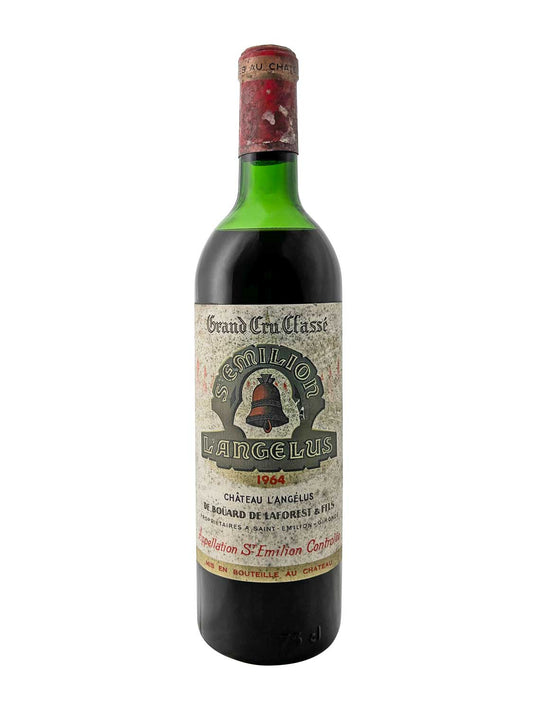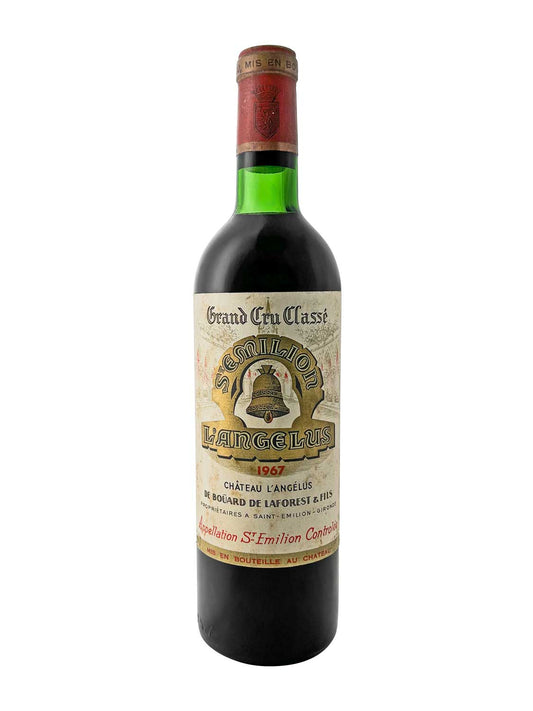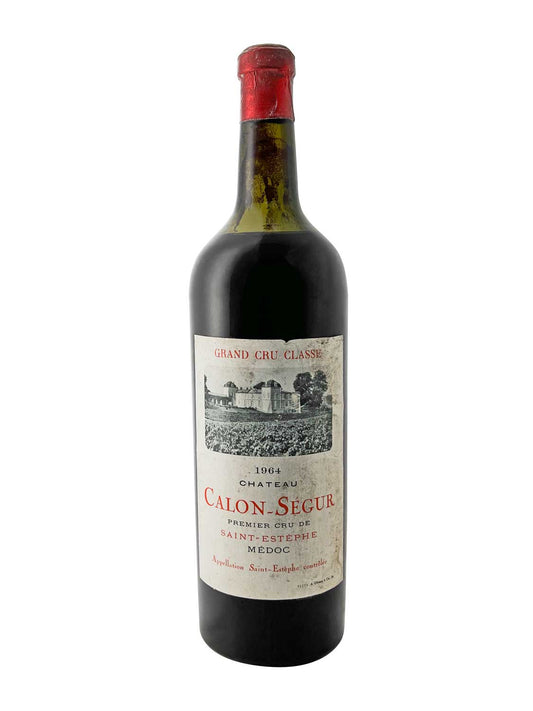
What does the Bible say about drinking wine?
The meaning of wine in Christianity
Wine is a beverage that plays a significant role in many cultures and religions. However, in Christianity, wine holds particularly profound symbolic and religious significance. From biblical stories to the sacraments, wine is a central element that illustrates the connection between God and humanity. In this blog post, we will explore the various facets of the relationship between wine and Christianity and discover why wine is so important to the faith.
Wine in the Bible
The Bible is rich in references to wine, both in the Old and New Testaments. In ancient times, wine was an everyday beverage, often associated with joy, celebration, and fellowship. It played a central role in Jewish culture and was part of many religious festivals.
Also read: Why do Christians drink wine?
Old Testament
Wine is mentioned frequently in the Old Testament. It is considered a gift from God that brings joy and gladdens people's hearts. A well-known example is found in Psalm 104:15:
“And wine that gladdens the heart of man.”
Here it becomes clear that wine is not only a pleasure, but also a source of blessing.
Another notable example is the wedding at Cana (John 2), where Jesus turned water into wine. This first miraculous act of Jesus demonstrates not only his divine power but also the significance of wine as a symbol of joy and abundance.
New Testament
In the New Testament, the symbolic meaning of wine becomes even clearer. During the Last Supper, Jesus took a cup of wine and said:
“This is my blood of the covenant, which is shed for many” (Mark 14:24).
Here, wine becomes a symbol of the blood of Christ, sacrificed for the sins of humanity. This act forms the basis for the sacrament of the Eucharist, or Communion—a central element of the Christian faith.

The Eucharist: A Sacrament of Wine
The Eucharist is one of the most important sacraments in Christianity. It commemorates Jesus' Last Supper with his disciples and symbolizes the communion between God and the faithful. During the celebration of the Eucharist, bread is broken and wine is shared—both symbols of the body and blood of Christ.
The symbolic content of wine
The use of wine in the Eucharist has several deeper meanings:
Blood of Christ: As mentioned above, the wine represents the blood of Christ shed on the cross. This reminds believers of Jesus' sacrifice and the redemption that came through his death.
Communion: The shared consumption of wine during the Eucharist fosters a sense of community among the faithful. It is an act of sharing and connects the congregation to one another and to Christ.
Joy: In many cultures, wine is associated with joy. The celebration of the Eucharist should not only be a solemn occasion; it is also a celebration of life and faith.
New Covenant: The use of wine in the Eucharist symbolizes the new covenant between God and humanity through Jesus Christ (Hebrews 9:20). This covenant offers hope for salvation and eternal life.
The role of wine in Christian traditions
Wine not only plays a role in biblical texts; it also has a firm place in many Christian traditions around the world.
Festivals and celebrations

Wine is used in many Christian holidays to celebrate special occasions:
Christmas: A good wine is often served at festive Christmas meals.
Easter: Here too, wine plays an important role in the celebrations of Jesus’ resurrection.
Weddings: In Christian wedding ceremonies, a glass of wine is often shared to symbolize the unity of the couple.
Monastic traditions
In many monasteries, monks have practiced winemaking for centuries. Monastic wines are often known for their high quality and are still valued today. This tradition demonstrates not only the artisanal art of winemaking, but also its religious dimension—many monks viewed winemaking as a form of worship.
The religious dimension of wine
Wine not only has a cultural or ritual significance; it also carries a deeper spiritual dimension:
Symbolism: As already mentioned, wine represents joy, community, and sacrifice—all central themes in Christianity.
Meditation: Enjoying a good wine can also be considered a meditative act. Many believers use moments of enjoyment as an opportunity to reflect on their faith and their relationship with God.
Gratitude: The act of drinking a glass of wine can also be an expression of gratitude to God – for his creation, his gifts and his love.
Challenges in dealing with alcohol
Despite its positive aspects, Christianity also contains warnings regarding alcohol consumption. The Bible speaks both about the joys of enjoyment and the dangers of excess (Ephesians 5:18).

Conclusion
Wine has a multifaceted meaning in Christianity—it symbolizes joy, community, and sacrifice, as well as being a central component of important rituals such as the Eucharist. Its use in biblical stories and Christian traditions demonstrates the deep connection between this beverage and faith.
Whether on festive occasions or in a quiet moment of reflection, the "wine of life" remains a powerful symbol within Christianity. It reminds us that we are part of a larger community—a community full of hope, love, and grace through Jesus Christ.








